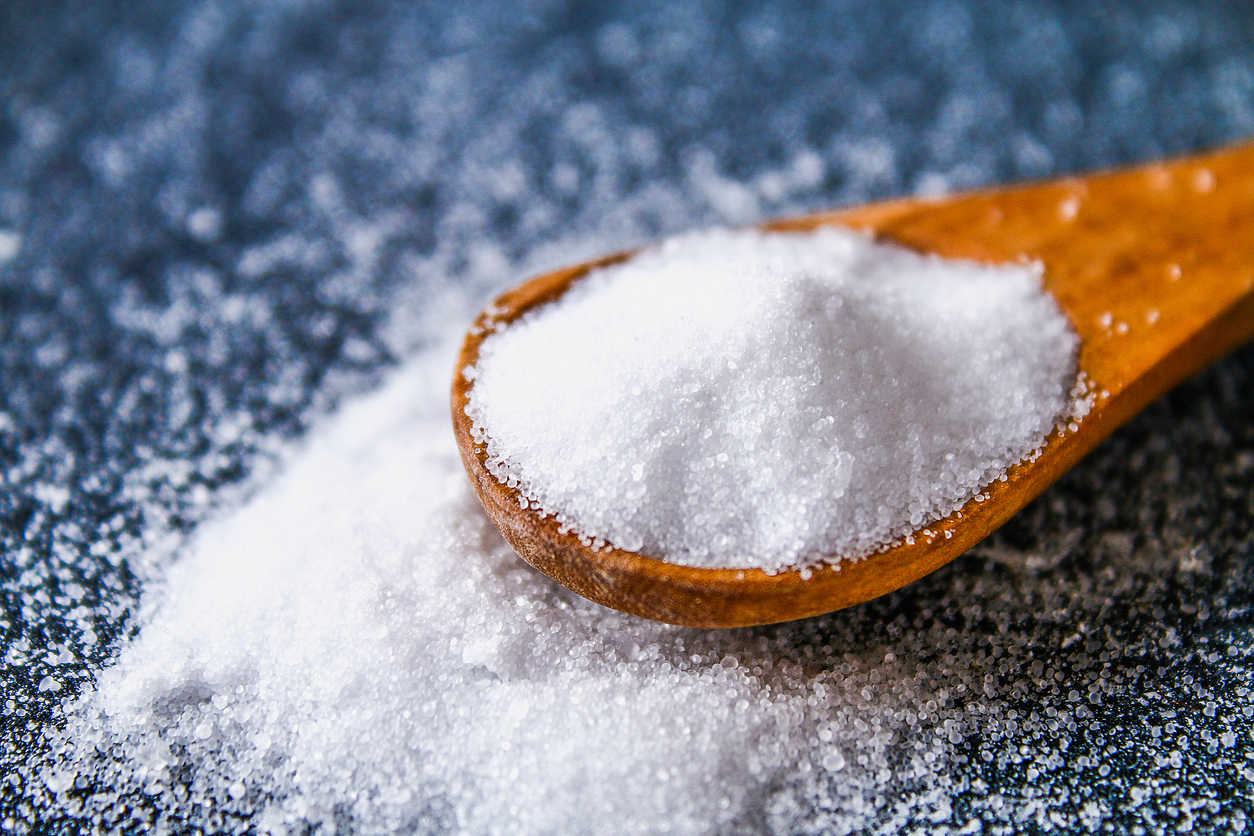How to Buy and Export Inorganic Salts from South Africa
How to Buy and Export Inorganic Salts from South Africa
Inorganic salts are a key player in the food and beverage industry. These salts are used for flavoring, preserving, and as preservatives. In addition to this, inorganic salts also act as antioxidants, anti-fungal agents or even pH balancers. With over 200 mineral deposits in South Africa alone, the country is home to some of the most abundant sources of inorganic salts such as nitrates, phosphates, sulfates, and others. The availability of natural resources makes South Africa an excellent exporting partner for companies looking to import these inorganic salts. These minerals have several industrial applications and can be categorized into three major groups: salt (sodium chloride), potash (potassium carbonate), and soda ash (soda sodium). Let’s take a look at how you can buy and export inorganic salts from South Africa with the help of
Understanding the Import and Export Process
When it comes to international trade, it is crucial to understand how the import and export process works. Since most importers are located in developed countries, importing from developing economies may be more complicated. This is where an export manager comes into play. The person responsible for overseeing the entire export process and liaising with all stakeholders. The export manager will be your point of contact when buying and exporting inorganic salts from South Africa. The importer first has to decide what product they need, along with sourcing and shipping details. Once the importer has found a supplier and has agreed on the price, the importer will have to start the process of applying for the import license. The different types of import licenses and the process of applying for them will vary from one country to another. If your importer is based in the United States, they will need to apply for an Import Control Application (ICA) and an Immediate Verification System (IVS).
The Import and Export License
No matter what commodity you are importing or exporting, you will need an import or export license. If you are importing inorganic salts from South Africa, you will need to apply for an Export Authorization/Clearance Permit (EAC). Applying for an EAC is a two-step process: you first apply for the EAC and then for the Import License. You can apply for the EAC either online or through a paper application. You will need to provide basic information about your company, commodity, and place of origin. The importer will need to pay a non-refundable fee of $500. If you are applying for an EAC through a paper application, the fee is $300.
Finding a Partner Company
If you want to buy and export inorganic salts from South Africa, you can approach a range of potential suppliers and potential buyers to find a partner company. A potential supplier is someone who is directly involved in the buying and selling of goods. On the other hand, a potential buyer is someone who is looking to purchase goods but not necessarily selling the same commodities. You can find potential suppliers and buyers by attending trade shows, visiting industry websites, or even approaching large players in your sector. When deciding on the best partner company, it is important to consider factors such as the reputation of the company, the proposed price of the commodity, and the location of the goods. Once you have shortlisted the potential suppliers, you should reach out to them and ask to be put on their mailing list. This will give you an opportunity to receive offers and quotations in real time.
Exporting Inorganic Salts to Your Country of Choice
Once you have found a partner company, you will have to approach them and ask them to export inorganic salts to your country of choice. However, you need to be careful when deciding on the quantity of goods to be exported. You should consider factors such as the demand and supply of the commodity in your country of choice, the current production rates and the current market prices. Once you have shortlisted the commodity and decided on the quantity, you will have to reach out to your supplier and mention the terms and conditions of the contract. You can use an online platform like Sourcing Terminal to help you with the contract and negotiating process.
Conclusion
When it comes to buying and exporting inorganic salts from South Africa, the process is a little more complicated than simply buying from your neighborhood store. To buy and export inorganic salts from South Africa, you need to understand the commodity and its properties, find a supplier, and negotiate a fair contract with the seller. Once you’ve done that, you will be one step closer to sourcing your desired commodity.








LEAVE A COMMENT
You must be logged in to post a comment.